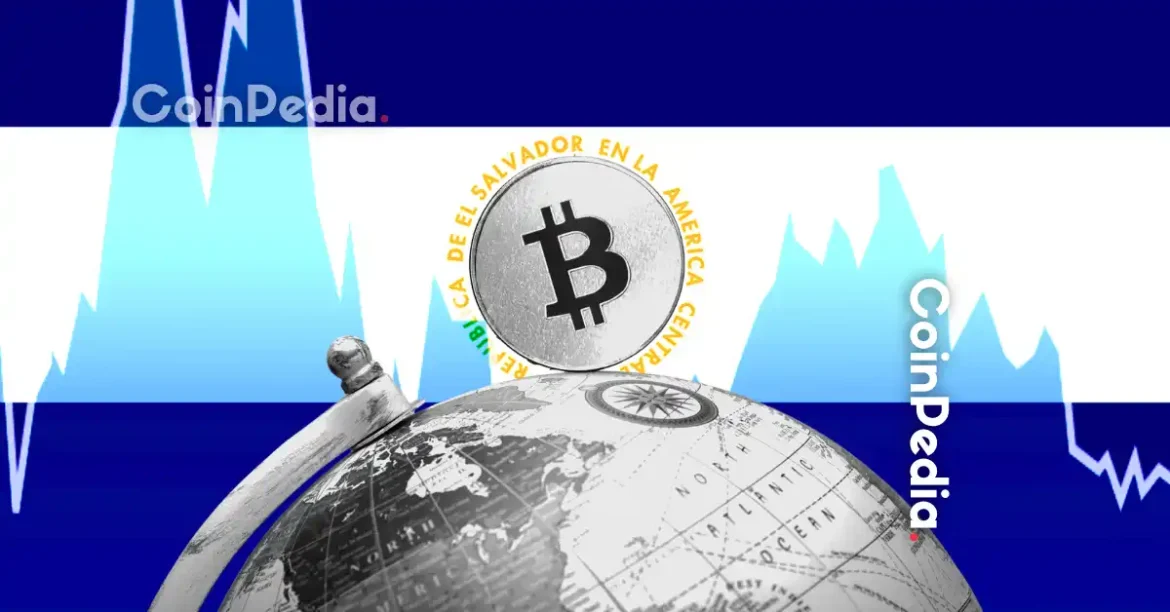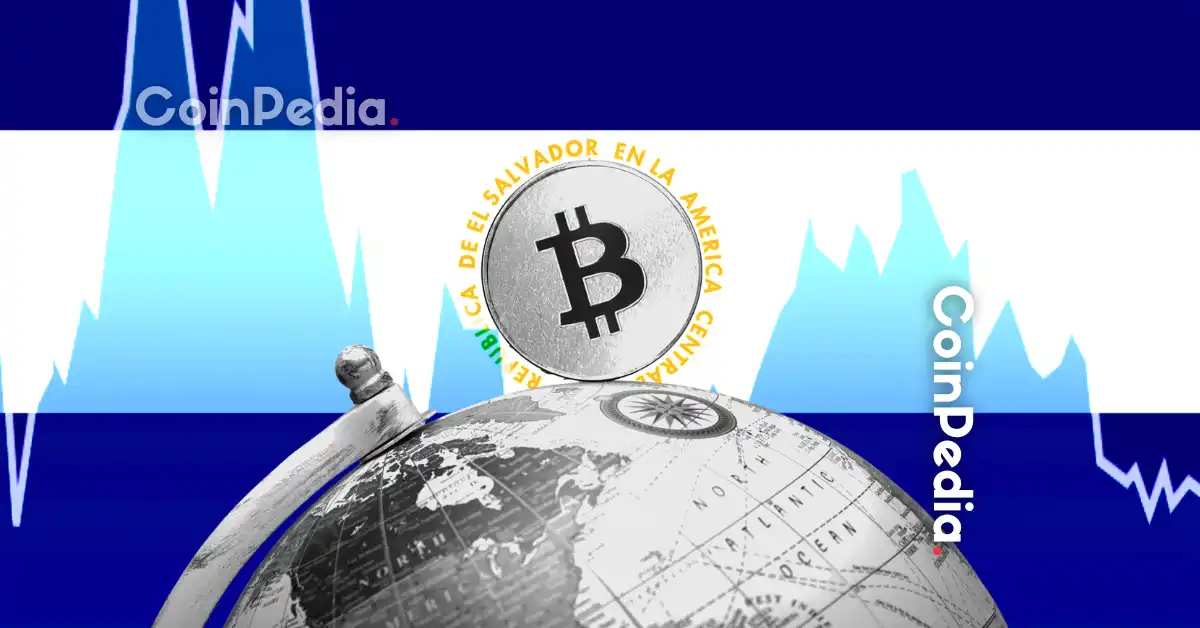The Bitcoin Revolution in El Salvador: A Bold Experiment in Digital Finance
Introduction: A Nation at the Forefront of Cryptocurrency
El Salvador’s decision to adopt Bitcoin as legal tender in 2021 marked a historic moment in the world of finance. President Nayib Bukele’s vision was to transform the country’s economy, attract foreign investment, and provide financial inclusion for its unbanked population. This bold move positioned El Salvador as a pioneer in the digital finance landscape, sparking global interest and debate. However, the journey has been fraught with challenges, as the nation grapples with the realities of cryptocurrency adoption, international scrutiny, and public sentiment.
The Vision Behind Bitcoin Adoption
Financial Inclusion and Economic Empowerment
One of the primary motivations behind El Salvador’s Bitcoin experiment was to address the significant portion of the population that lacked access to traditional banking services. Bitcoin, with its decentralized nature and potential for lower transaction fees, offered a solution to financial exclusion. By embracing cryptocurrency, the government aimed to empower citizens to participate more actively in the economy.
Reducing Remittance Costs
Remittances are a crucial source of income for many Salvadoran families, with millions of dollars sent home by workers abroad. However, traditional remittance services often come with high fees. Bitcoin presented an alternative channel for sending and receiving money, potentially saving millions in transfer costs. This aspect of the Bitcoin experiment was particularly appealing, as it promised to benefit a large segment of the population directly.
Attracting Foreign Investment
President Bukele envisioned Bitcoin as a catalyst for economic growth and a tool to attract foreign investment. By positioning El Salvador as a hub for innovation in the digital age, the government hoped to draw in investors and businesses interested in the burgeoning cryptocurrency market. This strategy was seen as a way to diversify the economy and create new opportunities for growth.
The Initial Enthusiasm and the Bitcoin Bonds
Launching the Chivo Wallet
To promote Bitcoin adoption, the Bukele administration launched the “Chivo Wallet,” a government-backed digital wallet. The wallet was designed to make it easy for citizens to use Bitcoin, and the government offered a $30 Bitcoin bonus to encourage participation. This initiative was met with mixed reactions, as some citizens embraced the new technology, while others remained skeptical.
The Bitcoin City and Volcano Bonds
In addition to legalizing Bitcoin, El Salvador announced plans to issue “Bitcoin Bonds,” also known as “Volcano Bonds,” to fund the construction of Bitcoin City. This futuristic metropolis was envisioned as a haven for Bitcoin enthusiasts, offering tax incentives and a sustainable, crypto-friendly environment. The city was to be powered by geothermal energy from a volcano, symbolizing the country’s commitment to innovation and sustainability.
The IMF’s Concerns and the Scaling Back of Ambitions
International Scrutiny and Financial Stability
The International Monetary Fund (IMF) quickly raised concerns about El Salvador’s Bitcoin strategy. The IMF highlighted the risks associated with Bitcoin, including its price volatility, potential impact on financial stability, and lack of transparency in the country’s Bitcoin holdings. These concerns were not merely advisory; they carried significant weight, as El Salvador was seeking a loan from the IMF to address its fiscal challenges.
Concessions and Policy Adjustments
Facing pressure from the IMF, El Salvador was forced to make concessions. In early 2025, the government agreed to scale back its Bitcoin policies as part of a $1.4 billion loan deal with the IMF. This included reducing public sector involvement in Bitcoin and halting new Bitcoin purchases. Moreover, El Salvador withdrew Bitcoin’s legal tender status, marking a significant departure from the initial vision of a Bitcoin-centric economy.
The Reality Check: Public Sentiment and Limited Impact
Mixed Public Reception
Despite the government’s efforts to promote Bitcoin adoption, public sentiment towards Bitcoin remains mixed. A 2024 survey revealed that 80% of Salvadorans felt that Bitcoin had not improved their finances. This sentiment highlights the challenges of widespread adoption, as many citizens are unfamiliar with cryptocurrency and hesitant to use it due to its perceived complexity and risk.
Volatility and Economic Impact
The volatility of Bitcoin’s price has been a significant deterrent for many Salvadorans. The dramatic fluctuations in value make Bitcoin a risky asset to hold, particularly for those who rely on stable income. Furthermore, the impact of Bitcoin on the Salvadoran economy has been limited. While the government has touted the potential for foreign investment, there is little evidence to suggest that Bitcoin has significantly boosted economic growth. The number of businesses accepting Bitcoin as payment remains relatively small, and the “Chivo Wallet” has faced technical glitches and security concerns.
Bukele’s Enduring Faith Amidst Shifting Sands
A Staunch Advocate for Bitcoin
Despite the challenges, President Bukele remains a staunch advocate for Bitcoin. He has repeatedly defended his country’s Bitcoin strategy, arguing that it is a necessary step towards financial innovation and independence. Bukele has also dismissed the IMF’s concerns, accusing the organization of trying to stifle El Salvador’s progress.
Continued Bitcoin Purchases
Recent blockchain data indicates that El Salvador continues to purchase Bitcoin, although the amount and frequency of these purchases are unclear. This suggests that Bukele remains committed to his Bitcoin vision, even as the country faces increasing pressure from the IMF and skepticism from the public.
Conclusion: A Fork in the Road
El Salvador’s Bitcoin experiment represents a bold and unprecedented attempt to integrate cryptocurrency into a national economy. While the initial vision was ambitious, the country has faced significant challenges, including pressure from the IMF, public skepticism, and the inherent volatility of Bitcoin.
As El Salvador navigates this complex landscape, it faces a critical juncture. Will it continue to pursue its Bitcoin vision, even in the face of international scrutiny and economic uncertainty? Or will it further scale back its ambitions and prioritize its relationship with the IMF? The answers to these questions will not only determine the future of El Salvador’s Bitcoin experiment but also set a precedent for other countries considering similar initiatives. The world watches with bated breath as El Salvador treads this uncharted path, a nation caught between the allure of digital innovation and the sobering realities of global finance.





